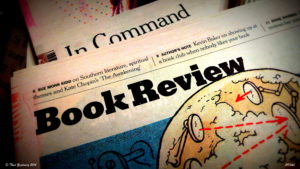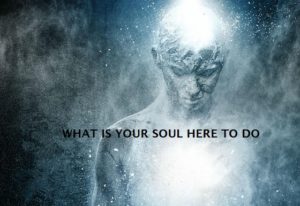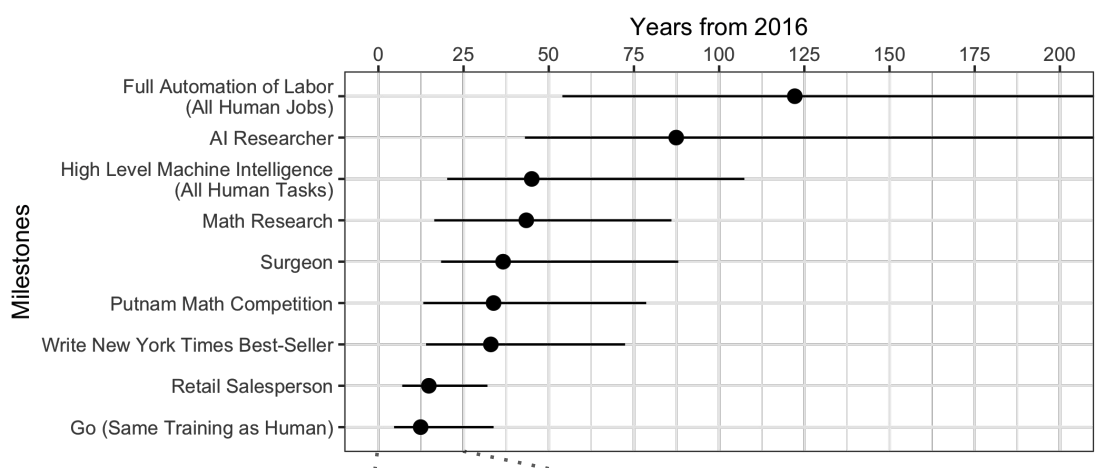Sex and Punishment: How Old Do You Have to Be?
By Maximilian Kiener In March 2022, Philippines President Rodrigo Duterte signed a bill that increased the minimum age for sexual consent from 12 to 16 years. This bill marked a significant change to a previous law that dated back to 1930.[1] International Organisations have advocated for a changed in the Philippines for a long time… Read More »Sex and Punishment: How Old Do You Have to Be?





